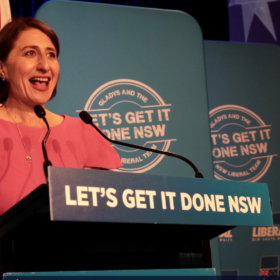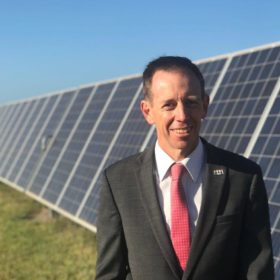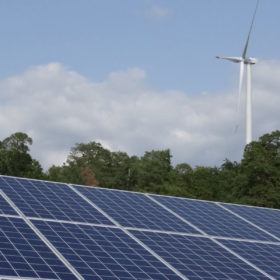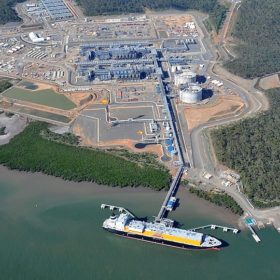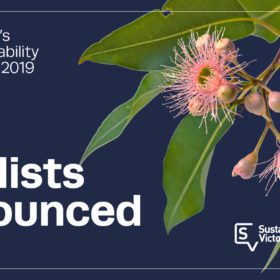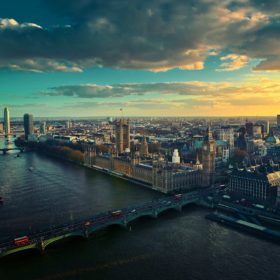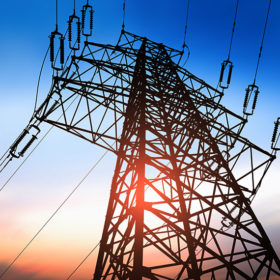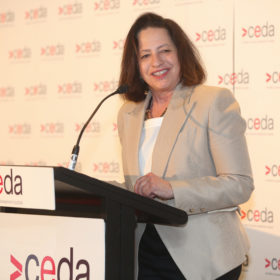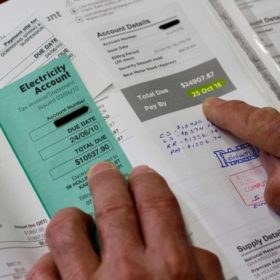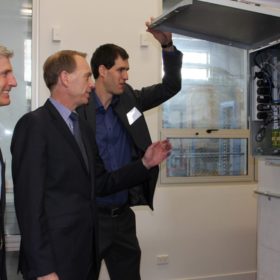NSW sets 2050 target for net-zero emissions
The New South Wales (NSW) Government has released the NSW Climate Policy Framework announcing its will to set interim carbon reduction targets as it looks to reach net-zero emissions by 2050.
ACT announces further renewables reverse auction
Australian Capital Territory’s Minister for Climate Change and Sustainability Shane Rattenbury has announced a further reverse auction for 200 MW of wind or 250 MW of solar.
Renewable energy investment falls to levels not seen since Abbott era
A new report from the Clean Energy Council (CEC) shows investment in renewable energies is slowing down to levels not seen since the prime ministership of Tony Abbott as a result of policy uncertainty and mounting regulatory challenges.
UNSW to host important series of lectures on the economic and climatic transition
The University of New South Wales (UNSW) Sydney’s Practical Justice Initiative (PJI) will host a Climate Transition Lecture on the impact of Australia’s fossil fuel exports on the climate on September 17. Experts will discuss how possible the phasing out of fossil fuel exports is and how it can be done.
Finalists for Victorian Premier’s Sustainability Awards announced
A solar energy capital in regional Victoria, a community power hub and a renewable energy auction, these are just some of the innovative and sustainable solutions being celebrated at this year’s Victorian Premier’s Sustainability Awards.
RES battery prevented complete blackout in the UK
On August 9, a thunderstorm caused 1.5 GW of generation capacity to go offline within seconds in the U.K. The incident caused millions of households to temporarily lose power but the situation could have been considerably worse if not for the country’s battery storage reserves.
ARENA funds voltage-reduction demand response trials in Victoria
The Australian Renewable Energy Agency (ARENA) has today announced funding to United Energy, a Victorian distribution business, in order to trial a voltage-reduction demand response in an effort to deliver grid stability over the Australian summer.
The NEM’s digital twin and the imperatives for new market signals
At a CEDA event exploring ‘Opportunities in the Future Energy Market’, AEMO’s Audrey Zibelman and a lineup of energy thought leaders highlighted the need to value firming services in the new asynchronous energy market, and heralded real-time visualisation of grid and asset performance in the form of digital replicas of the NEM and WEM.
New AER report finds energy affordability still major difficulty for Australians
The Australian Energy Regulator (AER) released its Affordability in Retail Energy Markets report today. The findings show a disproportionate energy cost burden on low-income households and its impact in driving uptake of rooftop PV.
Distributed Energy Test Lab set to open in Canberra
The Distributed Energy Resource (DER) laboratory “DER-Lab” will provide an environment for safe testing of new technologies including monitoring and communication devices, smart controllers, aggregation (e.g. Virtual Power Plant), market participation software and other innovative new products.
